Exploring 2025 Luxury Real Estate Trends: From Boston to West Palm Beach
Luxury real estate in 2025 is on another level. People are looking for more than just a home—they want a sanctuary, a statement, and a perfect blend of comfort and style. Whether it’s a modern condo in Boston’s historic neighborhoods or a sprawling estate in West Palm Beach, the demand for ultra-luxurious properties is skyrocketing. Let’s chat about what’s driving this trend and what you should know about buying in these hot markets.
The Growing Demand for Luxury
It’s not just about a place to live anymore. Post-pandemic life has shown us that home should be our ultimate escape. High-net-worth individuals (HNWIs) are investing in properties that offer privacy, convenience, and exclusive amenities. With Boston’s rich history and West Palm Beach’s tropical allure, it’s no wonder these areas are at the top of everyone’s list.
What Makes a Luxury Home in 2025?
Luxury today is about wellness, tech, and sustainability. Imagine starting your day in your own private spa or winding down with a movie in your personal theater. Homes come equipped with automation for everything—lights, security, temperature, even your music playlists. Green features like solar panels and eco-friendly construction aren’t just trendy; they’re essential. And if you love entertaining, think rooftop terraces, wine cellars, or even your own yacht dock—yes, that’s a thing, especially in Florida.
Boston Metro Area: Charm Meets Modern Luxury
Boston’s Metro area is a treasure trove of upscale options. In neighborhoods like Back Bay or Beacon Hill, you’ll find gorgeous brownstones mixing old-world charm with modern upgrades. And if you venture into suburbs like Weston or Wellesley, it’s all about sprawling estates with enough room for privacy and easy access to city life. Plus, you’re never far from world-class universities and medical centers—a big bonus for buyers here.
Florida’s West Palm Beach and Treasure Coast: Where Sunshine Meets Sophistication
Down in Florida, it’s a whole different vibe. West Palm Beach is a playground for luxury lovers, with properties boasting private docks and oceanfront views. On the Treasure Coast, you can snag a golf-course mansion or an equestrian estate—perfect for balancing your hobbies with your home life. Outdoor kitchens, resort-style pools, and even helicopter pads are just some of the extras that make these homes irresistible.
Financing Your Dream Home
Let’s talk money. Financing a luxury home can feel daunting, but there are plenty of ways to make it work, depending on your financial situation. Here’s a breakdown:
Jumbo Mortgages: These loans are designed for properties that exceed conventional loan limits. They often come with competitive interest rates, but they require excellent credit, a significant down payment, and thorough financial documentation. Jumbo loans are a go-to for buyers with strong credit histories and stable income.
Non-QM Loans: Non-Qualified Mortgage (Non-QM) products are flexible options for those who don’t meet traditional lending criteria. They’re ideal for self-employed individuals, foreign nationals, or those with irregular income streams. Non-QM loans might use alternative documentation, like bank statements or asset holdings, to determine eligibility. The trade-off is typically higher interest rates compared to conventional loans.
Asset-Based Lending: This option allows borrowers to leverage investments such as stocks, bonds, or other assets as collateral. It’s a great solution for buyers who want to avoid liquidating assets and prefer to use their portfolio as a financing tool.
Reverse Mortgages: For older buyers (typically 62+), a reverse mortgage can unlock the equity in their existing home to purchase a luxury property without monthly mortgage payments. This is particularly useful for retirees seeking to downsize or relocate while maximizing their cash flow.
Private Banking: High-net-worth individuals often benefit from private banking relationships. These banks offer personalized loan packages with competitive terms tailored to your financial picture. If you’ve built a strong rapport with your bank, it’s worth exploring this option.
Each of these financing tools serves a different purpose, so the best option depends on your personal and financial goals. Consulting with a mortgage advisor who specializes in luxury real estate is always a smart move to ensure you choose the best fit.
Making the Best Deal Happen
Negotiating in the luxury market is an art. First, do your homework and team up with a savvy real estate agent. Understand why the seller is letting the property go—a quick sale versus top dollar can change the game. Sometimes throwing in extras like covering closing costs or agreeing to flexible timelines can seal the deal. It’s all about strategy.
Watch Out for These Pitfalls
Even in the luxury game, you’ve got to stay sharp. Skipping a thorough inspection is a no-go, even for brand-new builds. Be realistic about ongoing costs—landscaping, security, and other upkeep can add up fast. And don’t forget the tax side of things. Florida’s no income tax is a big draw, but property taxes and insurance on waterfront homes can be steep, so crunch those numbers.




